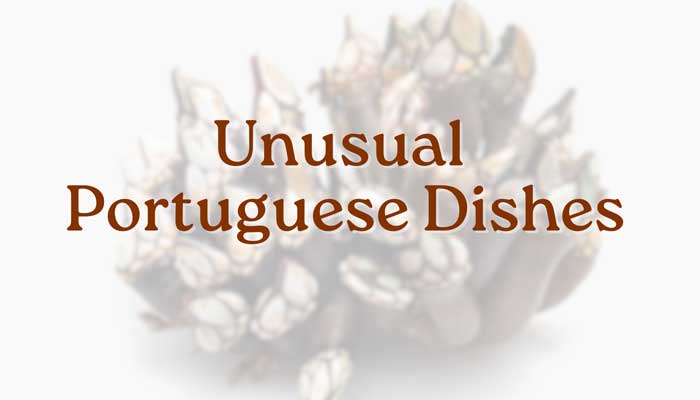Learning about the recent history of the country where one lives is fundamental to better understanding its culture, society, and identity. This knowledge helps residents appreciate local traditions, participate more fully in community life, and develop empathy for the historical experiences that shape contemporary realities. For students learning European Portuguese, familiarity with Portugal’s historical context significantly enriches their language studies and cultural integration. Portugal in the 20th and 21st Centuries 1 - The Change of Regime: From Monarchy to RepublicRead: "Why Understanding Portugal’s Recent History Matters"
Introduction Learning to speak is one of the most fascinating and complex processes in human development. Children don’t learn language the same way they learn to ride a bike or do basic math. There are no formal lessons, no instruction manuals. Language simply emerges, step by step, through interaction with the world around them. In this article, we'll explore the main stages of language development in children, from their first sounds to fluent communication, with a particular focus on EuropeanRead: "How Children Learn to Speak"
What It's Like Learning Portuguese in Portugal Learning Portuguese in Portugal is an enriching and immersive experience that offers students the unique advantage of being surrounded by the language in its natural context. Whether you're a beginner or someone looking to perfect your fluency, studying Portuguese in Portugal provides not only linguistic benefits but also cultural insights that enhance the learning process. However, like any language-learning journey, it comes with its own set of challenges. In this article, we willRead: "Immersive Language Learning: Master Portuguese in Portugal"
It is considered that playing riddles is a children's pastime. However, even adults sometimes find it difficult to guess the correct answer. They can be quite challenging. Moreover, lately, modern people are often looking for reasons to meet and engage in activities together, so they don't get lost in social networks and the internet. Riddles can become a great source of entertainment! Riddles about Animals In fact, the title of this paragraph already gives a big hint and narrows downRead: "Playing “Riddles” in Portuguese"
Portugal is known for its rich history in marine exploration and scientific achievements. Although the history of Portugal is often associated with great navigators such as Vasco da Gama and Fernão de Magalhães, it goes beyond geographical discoveries, as there were significant contributions to the development of inventions in various fields of science. This article highlights the very events that have influenced the modern world. The Caravel: Revolutionizing Maritime Navigation One of the famous inventions of Portugal in the 15thRead: "Portuguese inventions"
If a tourist comes to major tourist cities in Portugal, then he can easily speak in English. However, once you leave those cities, in not every, but rather in rare cafes, it will be difficult to get by without the portuguese basics. Let’s look at an example dialogue to understand how to place an order, get the exact type of coffee you want, pay, and still remain polite.
Read: "Learn Portuguese Language Basics with dialogues – part 3 (Order in a Cafe)"
Experiencing some emotion, the first thing we do is express it with some special word, and sometimes even with a set of sounds that have no explanation other than the feeling embedded in them. Sometimes such exclamations replace a thousand words and help in difficult situations when we want to express understanding and solidarity, but we have absolutely no idea what to say. Especially in a foreign language to us! Let's fix this! Desire To express desire, we are helpedRead: "Exclamations – Part II"
We are used to thinking that exclamations are an unimportant part of speech because they do not convey meaning. However, while studying a foreign language and communicating with native speakers, we suddenly feel a shortage of exclamations in this language in our vocabulary. Then we understand that exclamations are often more informative than a full-fledged phrase, and sometimes more appropriate. This is what we dedicate today's article to. Surprise, admiration We are familiar with the unique word Uau! (Wow!), butRead: "Exclamations, part I"
Today the subject of our article will be two words that often causes some confusion on students: “tão” and “tanto”. But don’t worry, as you will see it’s much easier than it looks. Also, we will talk about verbs we use when we want to express necessity and obligation. The differences between “tão” and “tanto” The words tão and tanto are invariable adverbs of intensity and they modify the word that follows them. Tão (so) can be used with adjectivesRead: "Tão & Tanto, necessity and obligation"
Portugal is a country with rich cuisine. But not all dishes seem tasty according to the description. Moreover, some of them seem strange or even disgusting. The Portuguese have strange taste, and in this article we will prove it. Mão de Vaca Mão de Vaca is a traditional Portuguese dish that is made with cow's feet or cow's tripe. To prepare this dish the cow's feet or tripe are first cleaned thoroughly and cooked until tender. The meat is then typicallyRead: "Unusual Dishes"










